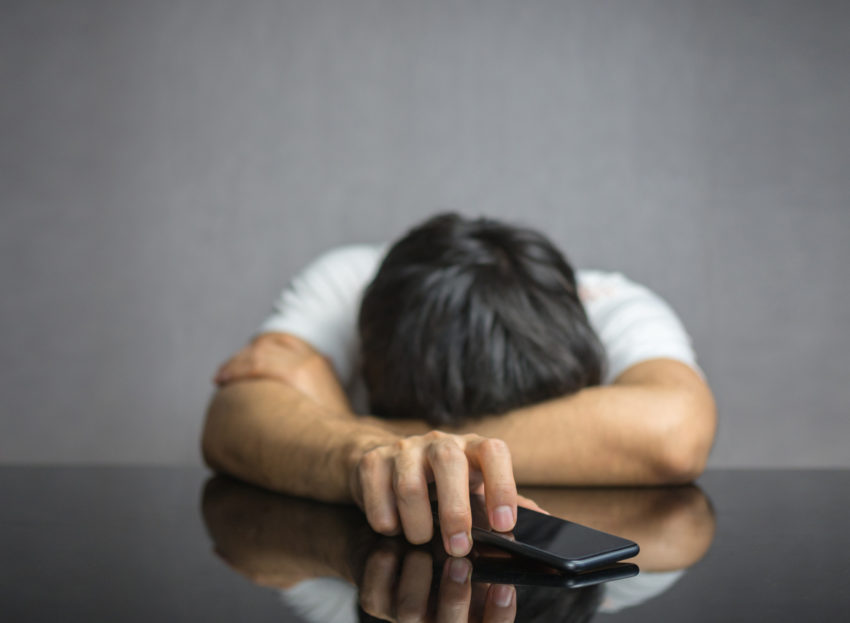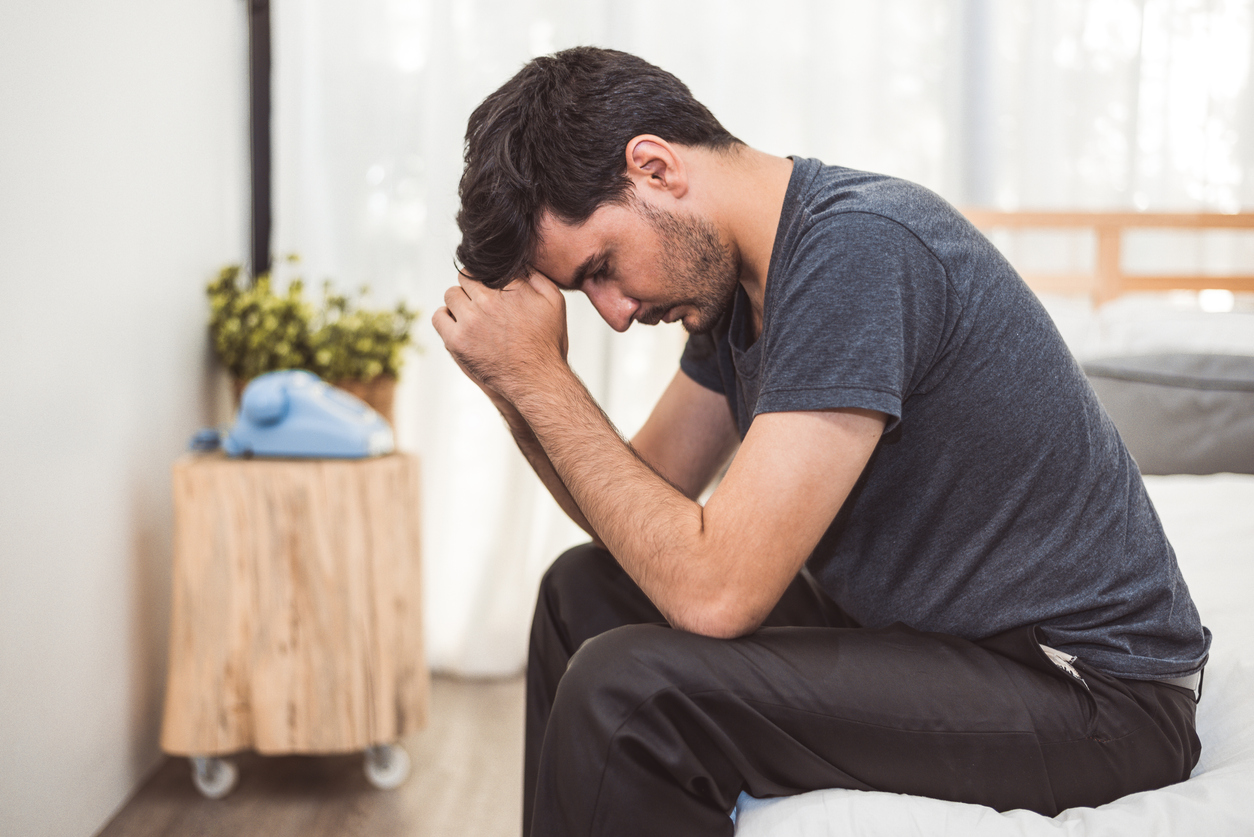
Share On Social!
Exposure to racial and ethnic discrimination on social media is correlated with higher levels of anxiety and depression for young Latino men, according to a new study by researchers at Florida International University.
“Surprisingly, there is a lot of research about cyberbullying and social media but there really wasn’t a thorough study that looked at how exposure to ethnic discrimination on social media impacts mental health,” said Miguel Ángel Cano, lead author and principal investigator of the study at FIU’s Robert Stempel College of Public Health & Social Work, according to a press release.
This study has severe implications for Latinos, who tend to suffer from mental health issues and have less access to mental health services.
It also indicates how ethnic discrimination can have a detrimental impact on Latinos’ lives.
What Did the Study Find about Social Media Discrimination?
The FIU study was published in the Journal of Clinical Psychology.
Based on surveys of 200 Latinos ages 18-25─half from Miami-Dade County, Fla. (69% Latino) and half from Maricopa County, Ariz. (31% Latino)─the study is one of the first to look at the intersection between discrimination, social media, and mental health issues.
“Researchers found that, upon exposure to social media posts such as photos, memes or videos that include ethnic discrimination, users felt higher levels of depression and anxiety,” according to the study press release.
Some of the key findings indicate that the Latino men in the study were more negatively affected by social media discrimination than the women.
“Men may be more affected by ethnic discrimination in social media because it is likely that they are exposed to more egregious forms of racist/discriminatory content that specifically depicts men,” Cano said, according to the press release. “Consequently, this may have a stronger or longer-lasting impact, and it may also threaten their concept of masculinity and threaten their perceived social status and power.”
The study also showed that even if the social media content didn’t directly target a person, just the association with their ethnic/racial group was upsetting.
“When participants were exposed to ethnic discrimination on social media
directly, or vicariously on a friend’s social media page, it was found to have adverse effects on mental health,” Cano said, according to the press release. “A viral video or meme may not always be directed at you, but when you see someone publicly discuss your social or ethnic group in a negative or derogatory way, it, unfortunately, can have a negative impact on mental health.”
Discrimination and Mental Health for Latinos
Unfortunately, discrimination has lasting effects for Latinos, especially Latino mental health.
Racial/ethnic discrimination impacts educational attainment, which, in turn, impacts future educational, health, social, and career opportunities for people of color.
“The high school dropout rate among Latino students is 17.6%; higher than Black (9.3%) and White students (5.2%). Lower educational attainment among Black and Latino students is linked to an increased risk of institutionalization, poorer physical and mental health, and reduced lifetime earning/economic potential,” according to a Salud America! research review.

Discrimination can lead to severe mental health issues for Latinos, especially for Latino children.
“22% of Latino youth have depressive symptoms. That is higher than any group besides Native American youth,” according to a Salud America! research review.
This is exacerbated by a lack of access to mental health services, especially during the COVID-19 pandemic.
“In Latino communities, like in other communities of color, there are continued gaps in folks having access to behavioral health services,” Michael Consuelos, the senior medical adviser for the behavioral-health platform NeuroFlow, told the Philadelphia Inquirer. “There aren’t as many providers in the community, and there are continued issues around stigma. There’s good evidence to show that all that was happening before COVID.”
How Can We Help?
Discrimination can have serious negative effects on Latinos.
We can help advocate for Latinos and mental health by asking our city to declare racism a public health crisis.
Download the free Salud America! “Get Your City to Declare Racism a Public Health Crisis Action Pack”!
The Action Pack will help you gain feedback from local social justice groups and advocates of color. It will also help you start a conversation with city leaders for a resolution to declare racism a public health issue along with a commitment to take action to change policies and practices. It will also help build local support.
By The Numbers
3
Big Excuses
people use to justify discriminatory behavior



